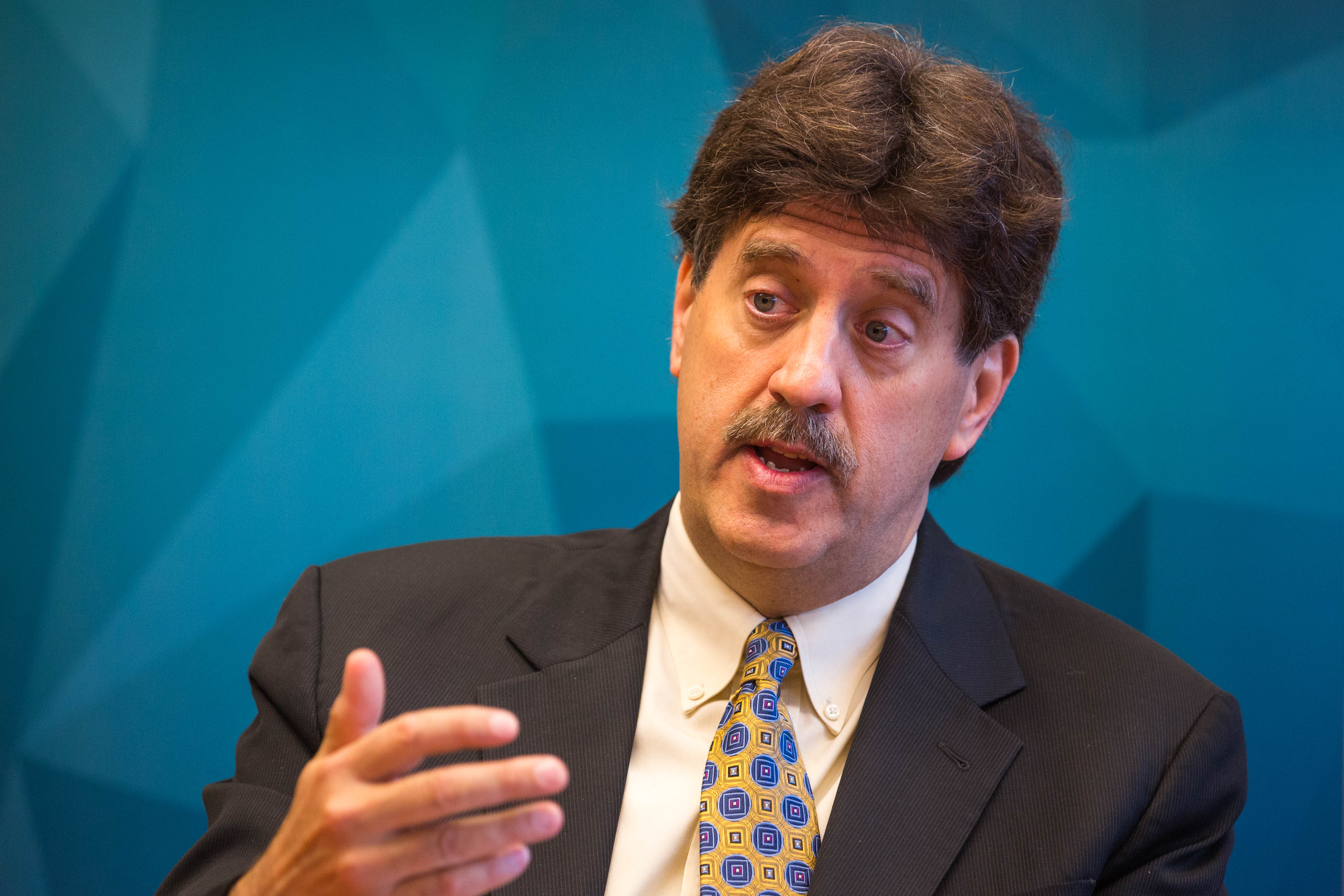David Balton, a top US diplomat on Arctic issues, is leaving the State Department

The U.S. State Department’s Arctic team will lose a key member at the end of the year.
David Balton, a career diplomat who served for the past 15 years as deputy assistant secretary for oceans and fisheries, will leave the department to join the Woodrow Wilson International Center for Scholars, the organization announced.
Balton has managed much of the State Department’s Arctic policy, and led the Senior Arctic Officials group during the 2015-2017 U.S. chairmanship of the Arctic Council.
Starting next year, Balton will serve as a global fellow with the Wilson Center’s Polar Initiative.
Balton’s departure will diminish the federal government’s Arctic work, said Rafe Pomerance, a former State Department official who worked on climate issues during the Clinton administration.
“The loss of Balton is huge,” said Pomerance, who now chairs Arctic 21, a network of non-governmental organizations focused on Arctic issues, and is a member of the National Academies’ Polar Research Board.
Addressing climate change is essential to Arctic policy, Pomerance said, but the State Department is now doing very little about that. “The Trump administration is utterly backward it in its view of climate change,” he said.
The announcement about Balton’s impending departure comes nearly a year after Robert Papp, the State Department’s special representative for the Arctic, resigned his post. The State Department has not appointed a replacement for Papp.
Also gone from the State Department is Dan Reifsnyder, the former deputy assistant secretary for environmental affairs. While there is a State Department official performing Reifsnyder’s duties in an acting role, other key positions important to the Arctic have gone unfilled, including the position of undersecretary for the economic growth, energy and the environment.
Eleanor Huffines, an officer with the Pew Charitable Trusts’ Arctic project, said Alaskans might step into the void left by the departure of key Arctic-focused federal officials.
“At this point, there’s quite a commitment to Arctic issues from the state of Alaska, from Senator Murkowski, from the communities. The engagement at that level will continue,” Huffines said.
Some key Arctic team members remain. Senior Arctic Official Julia Gourley and Deputy Senior Arctic Official Adriana Muir are still at State, according to the department’s website.
A State Department spokesman confirmed that Balton will leave his post at the end of the year, though no specific date has been set.
Balton’s State Department Arctic work is still not complete. He is scheduled to preside later this month over a negotiating session that is expected to produce a 10-government agreement to protect international Arctic waters from unregulated commercial fishing.